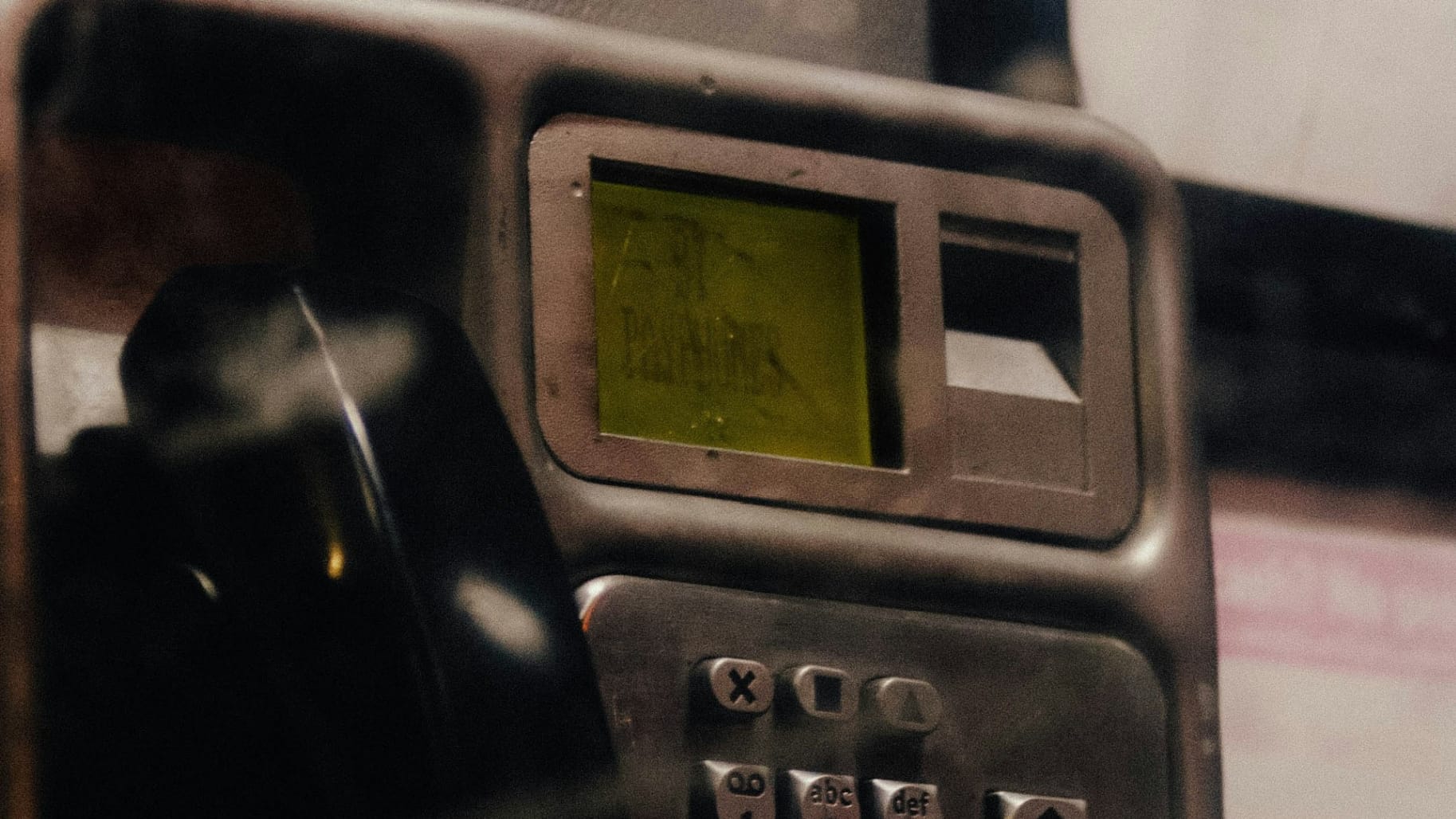Look on my works, ye mighty

This week
- How are U.S. administration officials thinking about their risk exposure?
- How Syria relocated its dead under cover of night. Another foe of the American president meets his indictment. The president himself turns once again on Ukraine. The U.S.-government shutdown meanwhile moves into week three. & There’s a black hole where black holes shouldn’t belong.
- Is anyone winning the U.S.-China trade war? Kyle Chan on the economic showdown between Washington and Beijing.
- Why do the governments of so many major powers seem so shaky these days? Marc Weitzmann on immigration, regulation, and the end of a political era.
- What’s it like to live in North Korea? Yumi Kim on heavy repression, secret phone calls, and virtual private networks.
Weather report
- Um. What are those bubbles surfacing in Antarctica’s Ross Sea?
+ Cultural intelligence
- How do you take in millions of refugees? Karen Jacobsen’s new book, Host Cities: How Refugees Are Transforming the World’s Urban Settings.
- Who were Soap Kills?
- & The week in new tracks.

Developments
What’s happening? October 11-17.
The calculation
At the Pentagon on Tuesday, the press facilities cleared out. Reporters from virtually every major American news organization left the building. By Wednesday, for the first time since it opened in Arlington, Virginia, in 1943, no major media outlet—with the exception of One America News—had reporters covering the Department of Defense, an agency that spends nearly a trillion U.S.-taxpayer dollars annually, on site. All the departing organizations had refused to sign Defense Secretary Pete Hegseth’s new media policy demanding reporters sign an acknowledgment that harm “inevitably flows” from disclosure of unauthorized information, classified or not.
The same week, The Wall Street Journal reported that Gary Shapley, now working inside the criminal-investigation division of the U.S. Internal Revenue Service, maintains a target list on behalf of President Donald Trump—a list that reportedly includes the liberal billionaire George Soros. Senior IRS lawyers have privately warned that proposed cases appear vindictive and politically motivated. Since the 1970s, after President Richard Nixon weaponized the IRS against his own enemies, U.S. federal law has made it a crime for White House officials to request investigations of specific taxpayers. The administration is dismantling those safeguards from inside—installing loyalists, reducing lawyer oversight, eliminating procedural barriers.
It seems clear enough what they’re doing: They’re arrogating power to the president of the United States, with little regard for existing norms or, possibly, laws. The institutional justifications don’t really hold up as more than pretexts. The tougher question appears to be: What do Trump’s norm-thrashing loyalists think will happen when they’re no longer in power?
How are they thinking about risk?
- Those old safeguards were mutual. The precedents Trump’s people are setting don’t expire with his administration. The tools they’re giving themselves now work equally well in the hands of anyone willing to use them.
- The dream of permanent transformation. One answer: They’re remaking not just executive power but the country—for good. It’s possible some believe that. But Trump’s criterion appears to be loyalty. Show it, you have power. But that power then necessarily concentrates in one person: Trump. It’s not clear he’s building anything even he intends to survive him.
- The reality of personal exposure. Trump administration officials derive their authority from Trump. When his power ends—term limits, loss, time—theirs likely ends too. Moving fast and breaking things creates risk. Legal risk, when you’re dismantling safeguards built into law. Political risk, when you’re making enemies who’ll remember. They’re not building independent power bases or durable protections. They’re creating exposure.
So how do people in this position think about risk? History does offer a few reference points. Political scientists use the term “personalist regimes” for governments built around one leader’s authority rather than institutional structures. Power concentrates quickly. Succession is harder.
In Italy, Silvio Berlusconi dominated politics for decades through personal-loyalty networks. When he finally left power in 2011, much of what he’d built evaporated—along with his deputies’ positions. In Peru, Alberto Fujimori actually constructed replacement institutions in the 1990s: new courts, a security apparatus, administrative structures. Some lasted, though not for his loyalists personally, when he fell. The pattern: loyalty-based power is brittle. It works only as long as the center holds.
There’s of course a lot of ambiguity here. But one thing that seems clear is that, by dismantling protections that shielded everyone generally, Trump’s people are setting precedents that could be used against them specifically. Maybe they think his power won’t end. Maybe they think Democrats won’t retaliate. People do get to imagining strange things.

Meanwhile
- Operation Move Earth. The government of Syria’s former dictator Bashar al-Assad spent two years relocating thousands of bodies from the Qutayfah mass grave to a remote desert site, a Reuters investigation revealed this week. From February 2019 to April 2021, trucks made the journey four nights weekly—drivers forbidden to leave cabs, mechanics sworn to silence. The goal: erase evidence before seeking international rehabilitation. All 16 Qutayfah trenches were emptied before Assad fell in December. The new site near Dhumair holds at least 34 trenches, potentially tens of thousands of bodies. … See “A graveyard in the desert.”
- The Bolton indictment. Trump’s former national security adviser John Bolton surrendered to American authorities on Friday after his Thursday indictment on 18 counts of mishandling classified information. He’s the third Trump critic charged in recent weeks, after former FBI Director James Comey and New York Attorney General Letitia James. The indictment alleges Bolton transmitted defense information via personal accounts and kept classified documents at home. The Wall Street Journal’s editorial board remarked, “He never leaked classified information to us. If Mr. Bolton had praised Mr. Trump in his book, it’s safe to say he wouldn’t have been indicted.”
- ‘A pointed conversation.’ Trump and Volodymyr Zelenskyy met on Friday in what sources called a tense encounter. “It was bad,” one told Axios. Trump rejected Ukraine’s request for Tomahawk missiles and pushed for a ceasefire at the current battle lines. This was a day after Trump’s call with Vladimir Putin. Trump posted afterward that both sides should “stop where they are” and “let both claim Victory.” Puzzled European leaders held an immediate call with Zelenskyy and issued coordinated Ukraine support statements.
- Seventeen days. On Thursday, the U.S. Senate failed for the 10th time to advance funding to end the American federal-government shutdown. Federal workers have missed paychecks. Air-traffic-control facilities have reported short staffing 150 times—five times last year’s rate. The Smithsonian Institution is closed. Federal courts will lose funding as of this Monday, October 20. Congress will return the same day, but with no apparent prospect of resolution.
- Out of place. Astronomers have observed a black hole 650 million light-years away destroying a star—ordinarily unremarkable, it seems, except this one is far from its galaxy’s center, where black holes don’t usually operate: “Never before have we seen such bright radio emission from a black hole tearing apart a star, away from a galaxy’s center, and evolving this fast,” said Itai Sfaradi, an astrophysicist at the University of California, Berkeley.

Features
Dive deeper
What doesn’t kill them
Is anyone winning the U.S.-China trade war? Kyle Chan on the economic showdown between Washington and Beijing.





